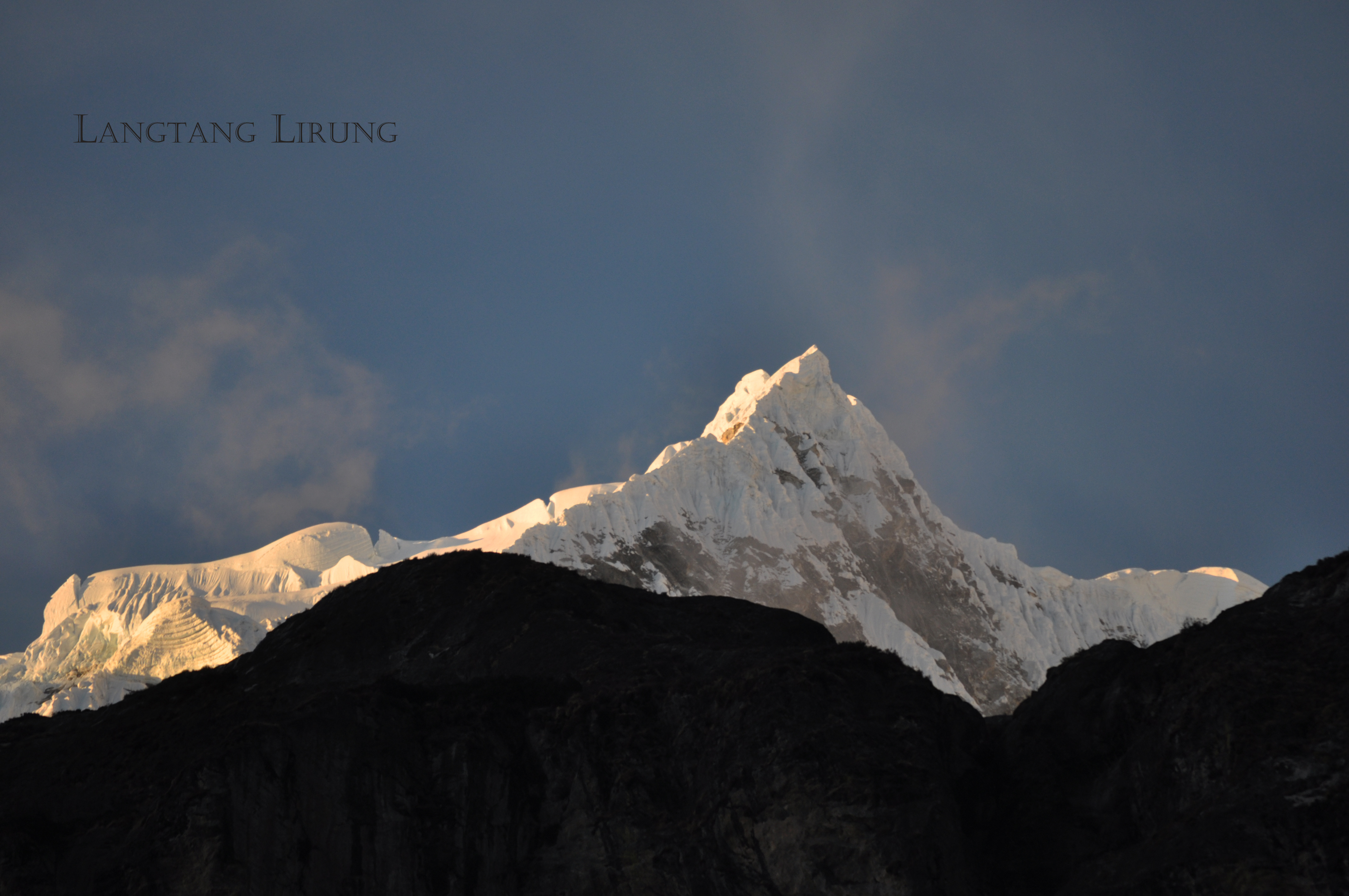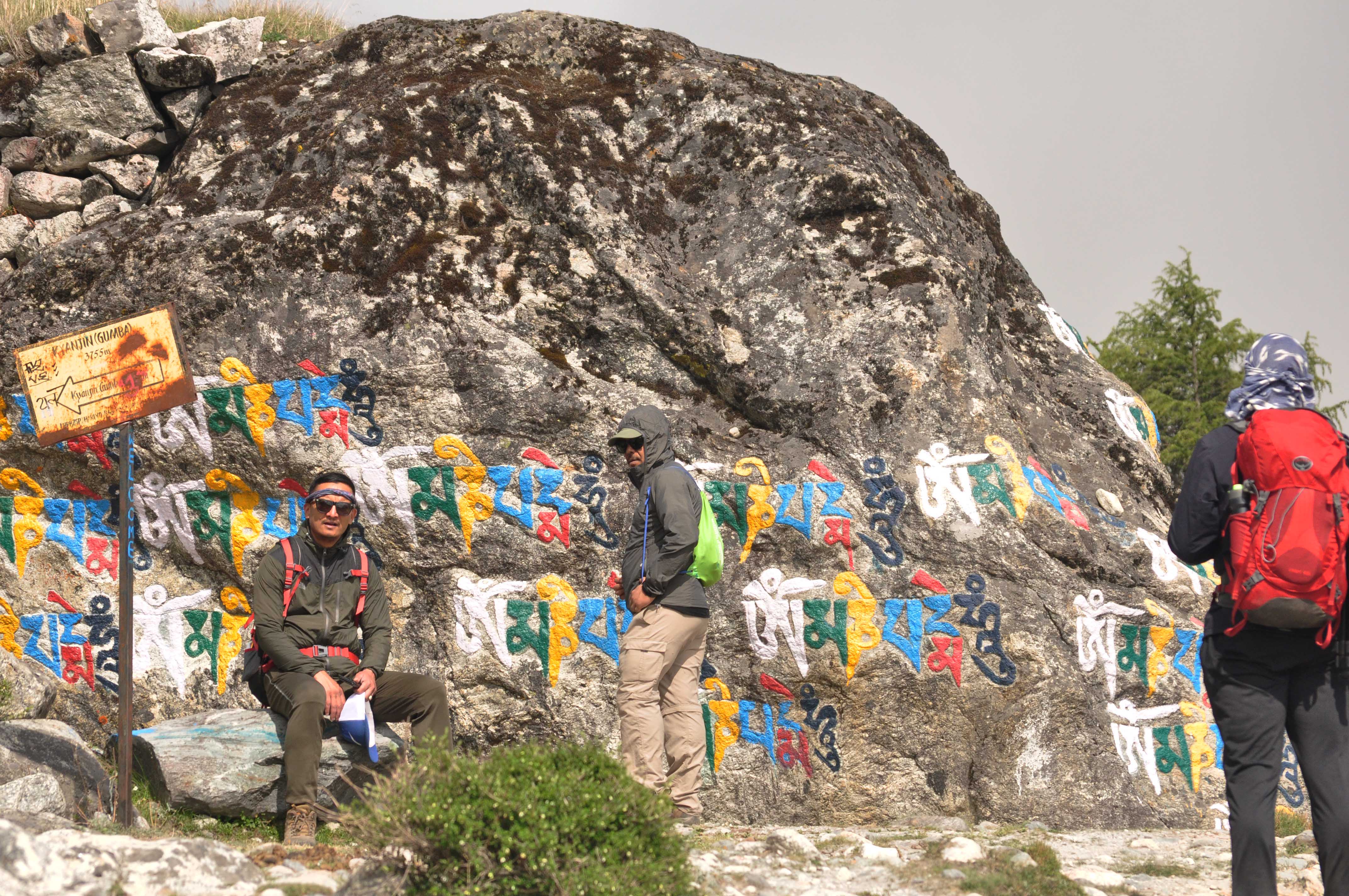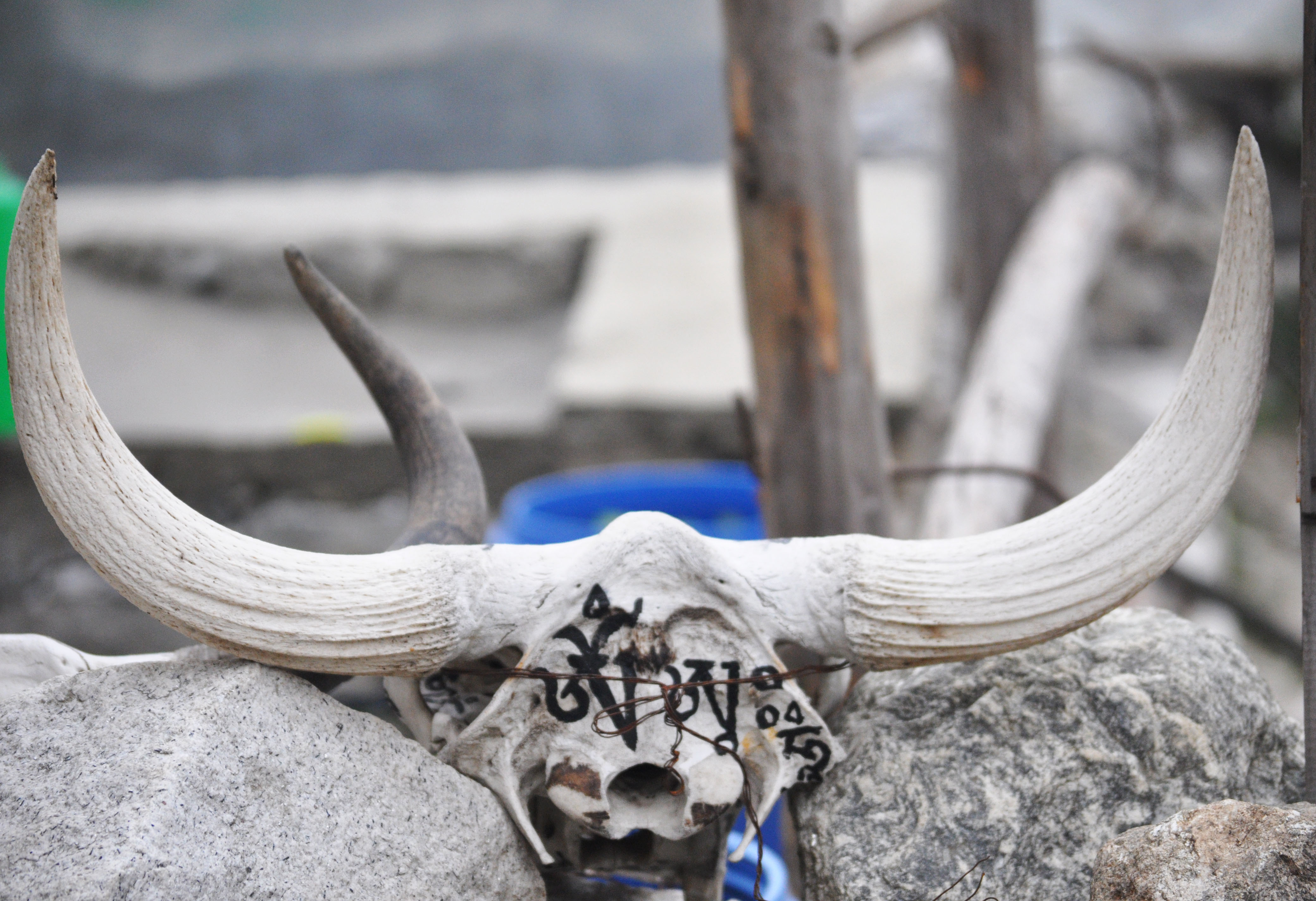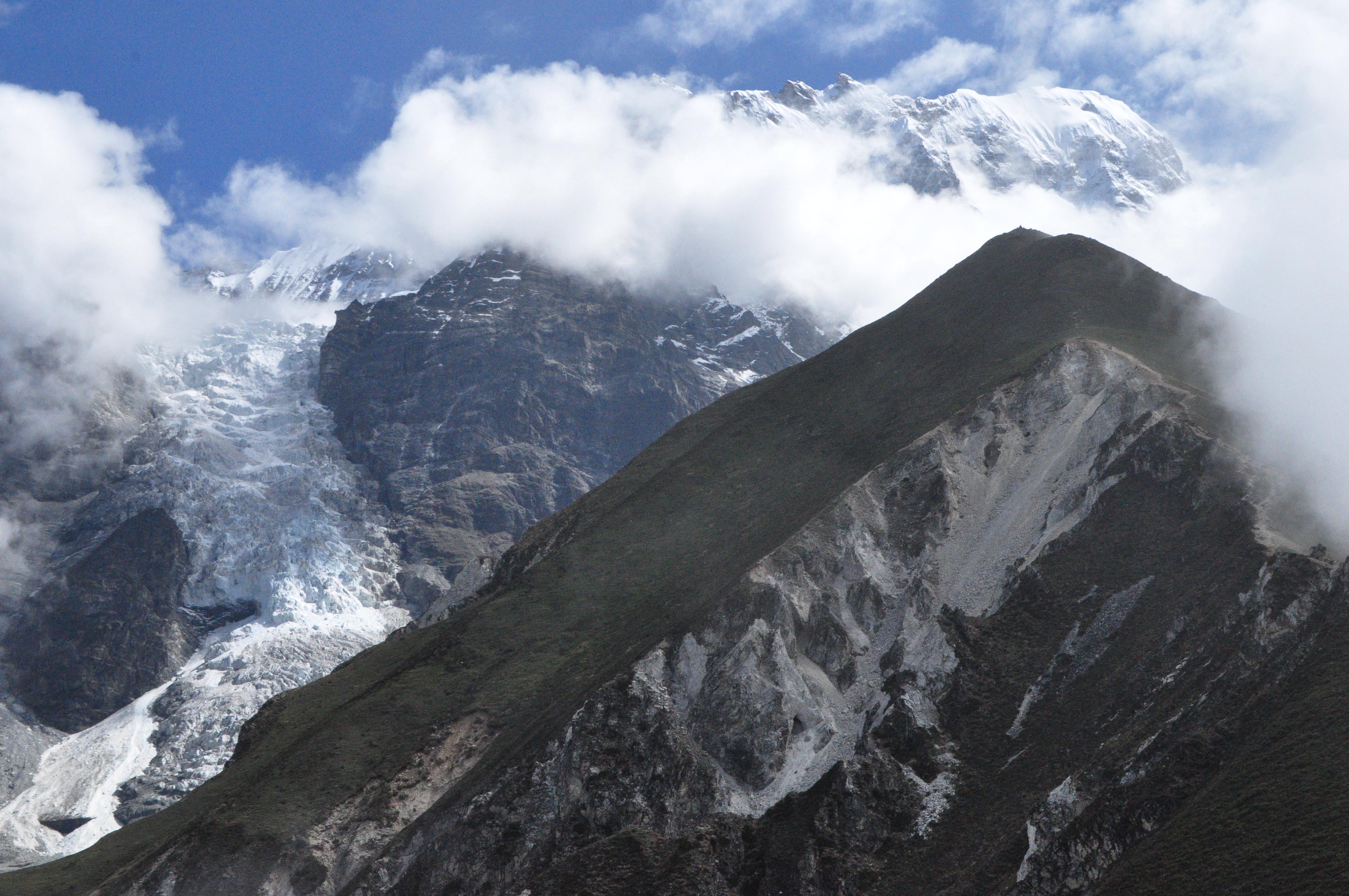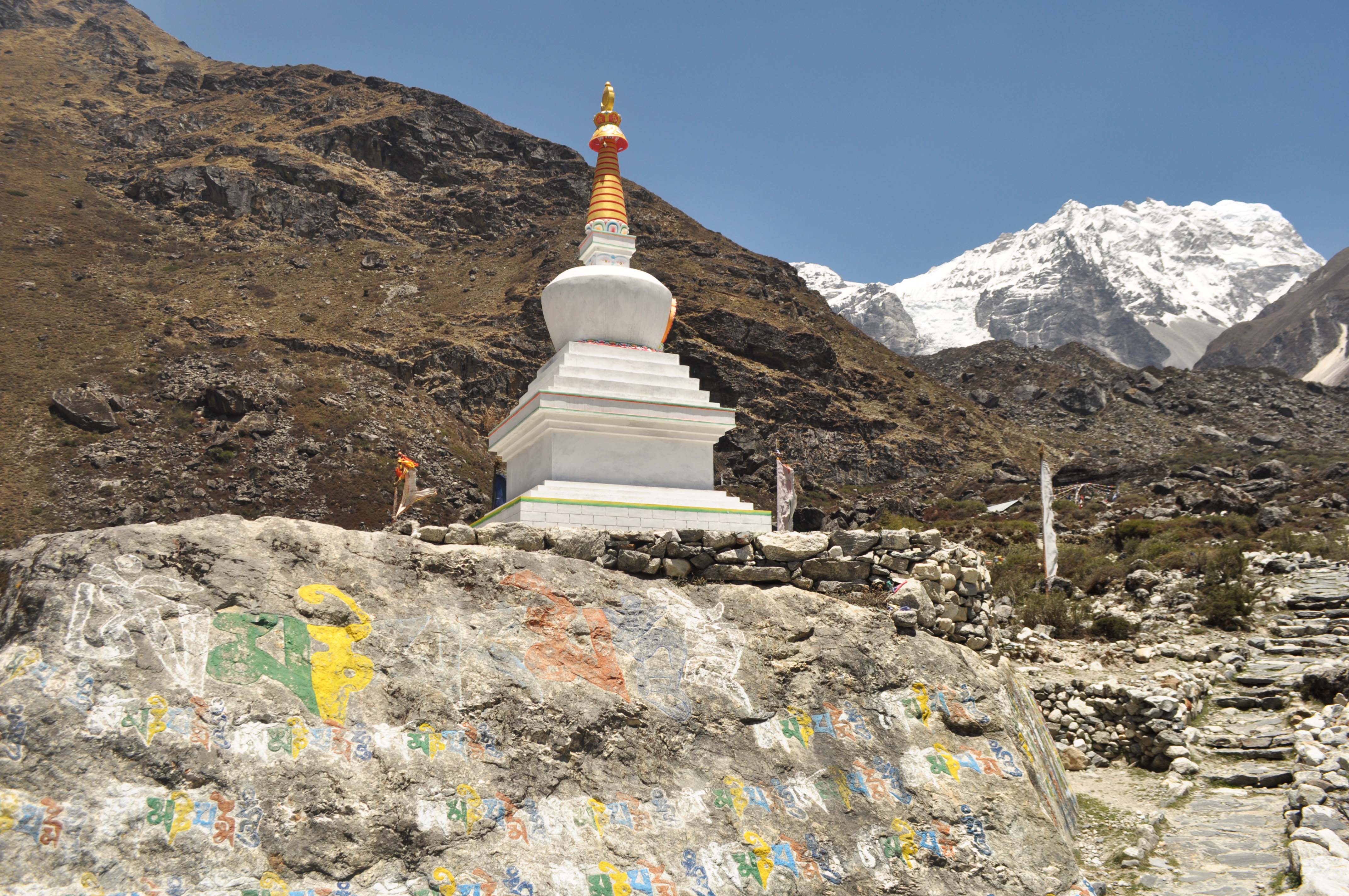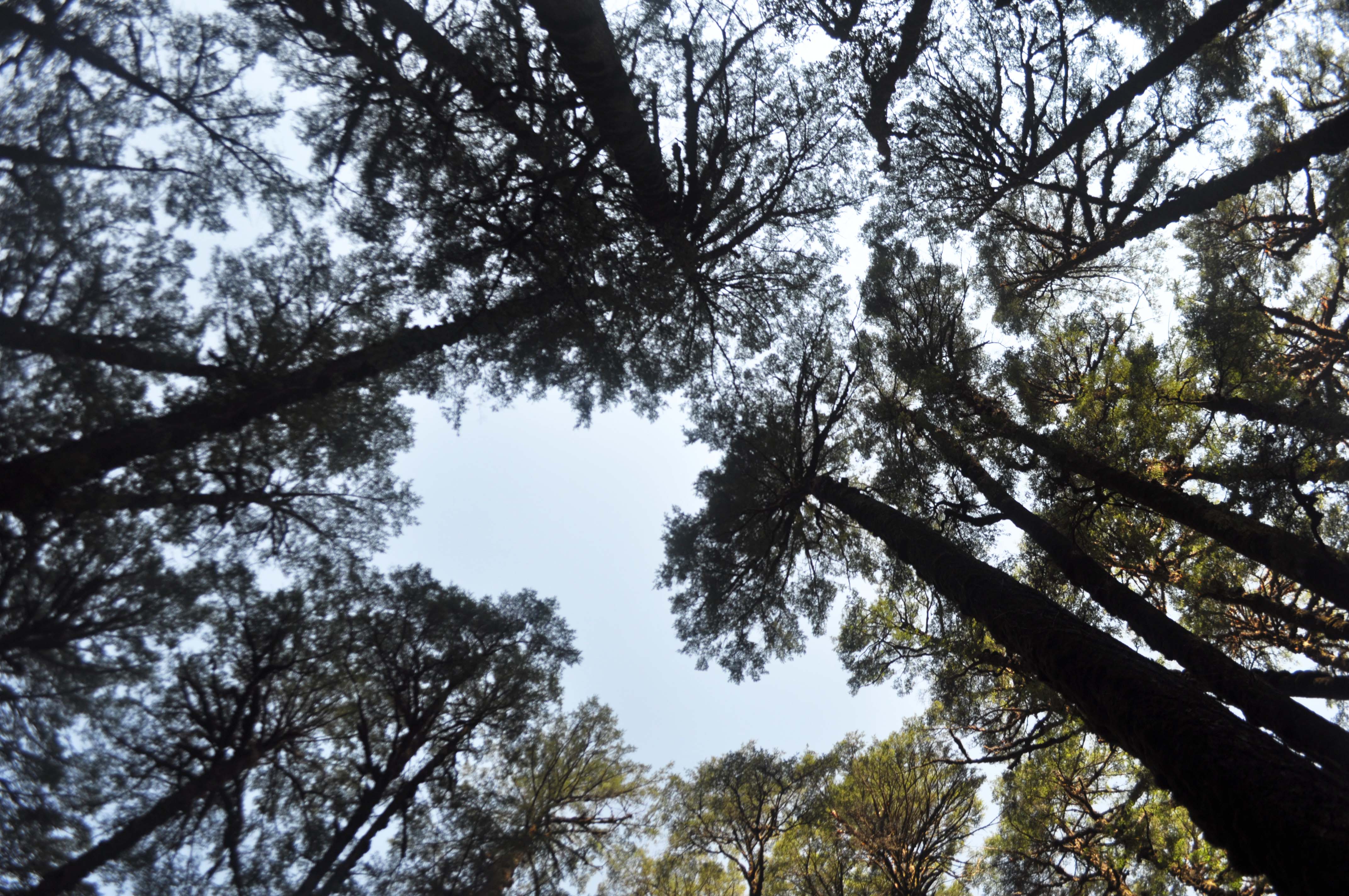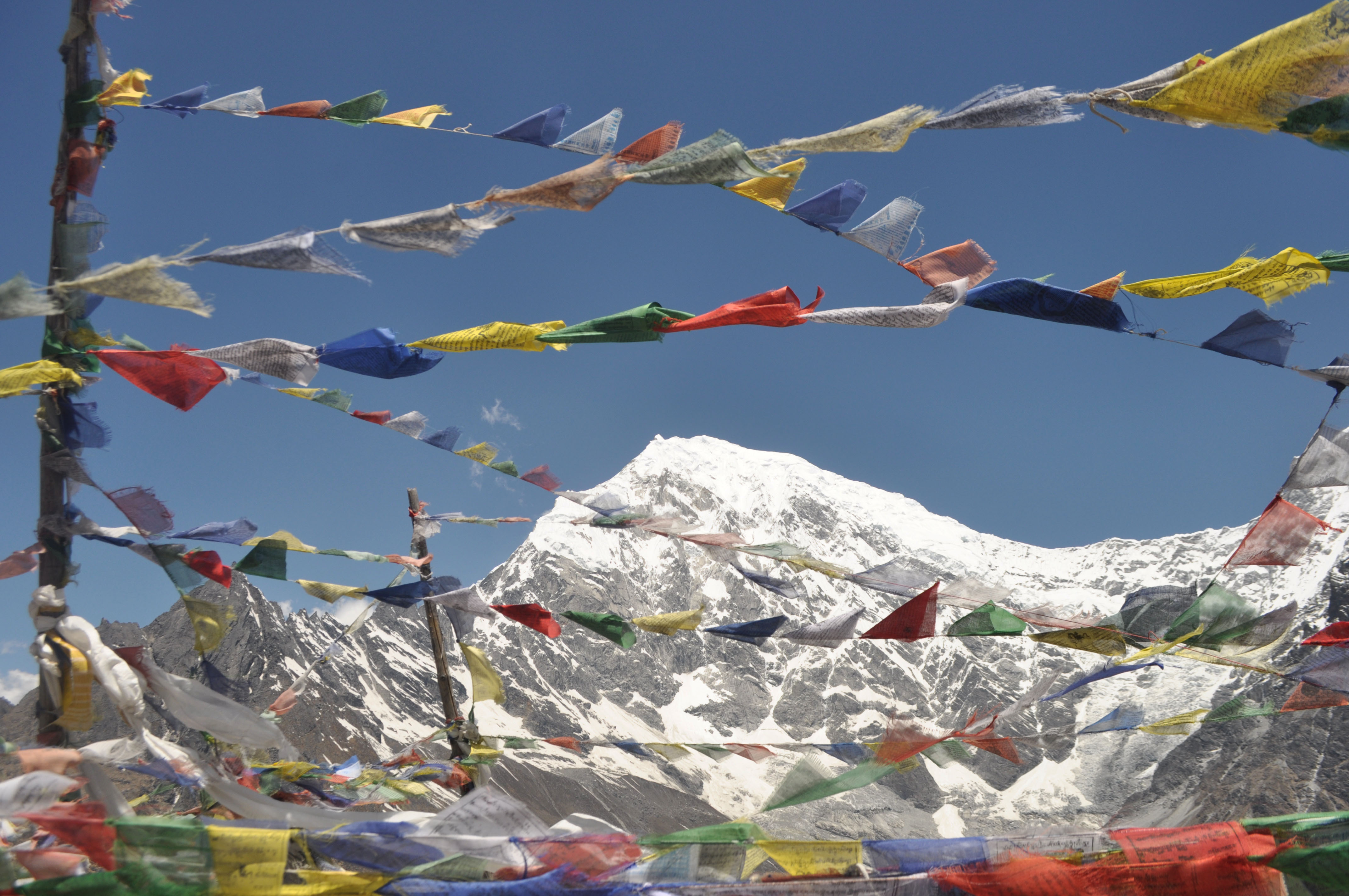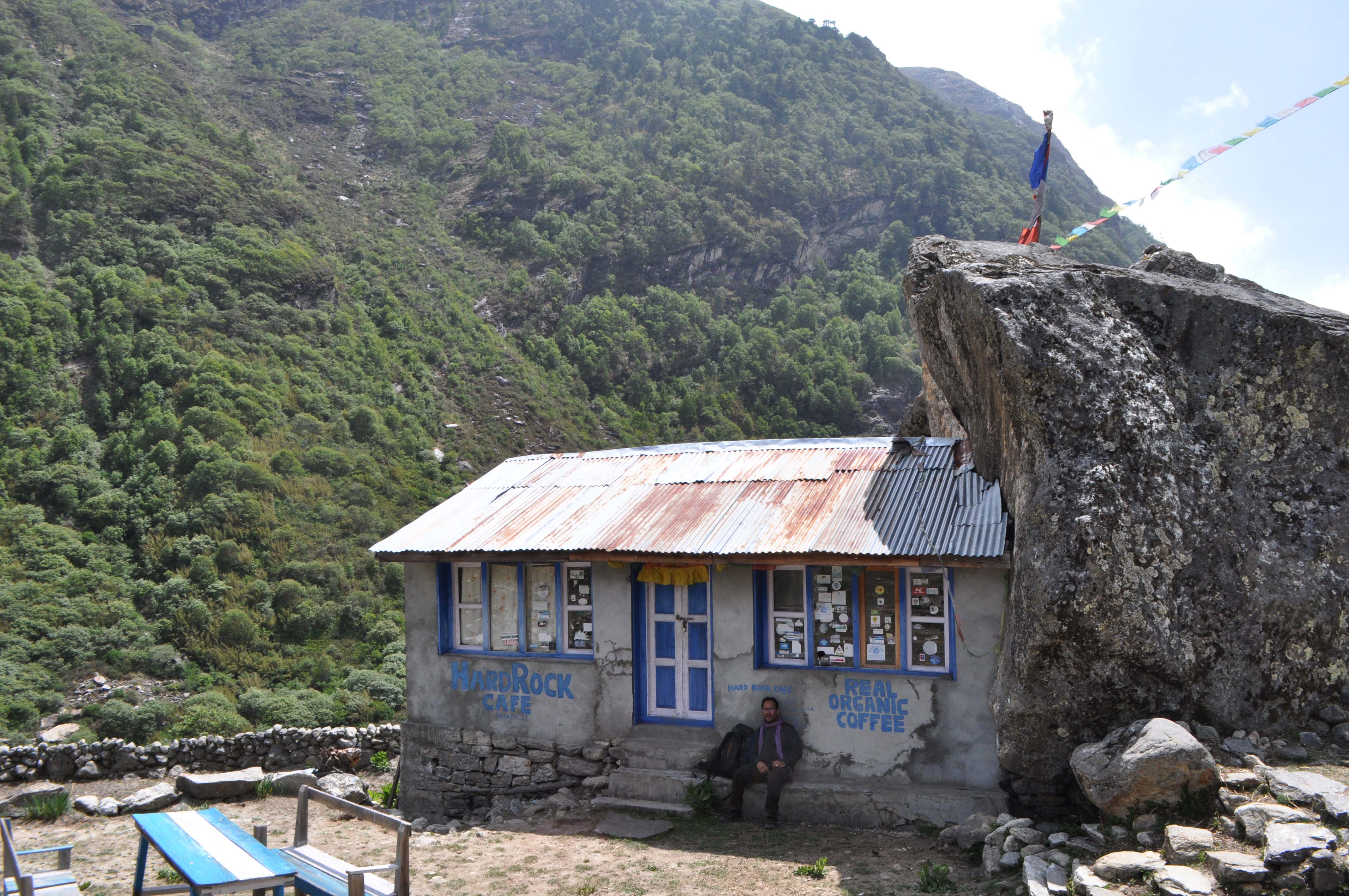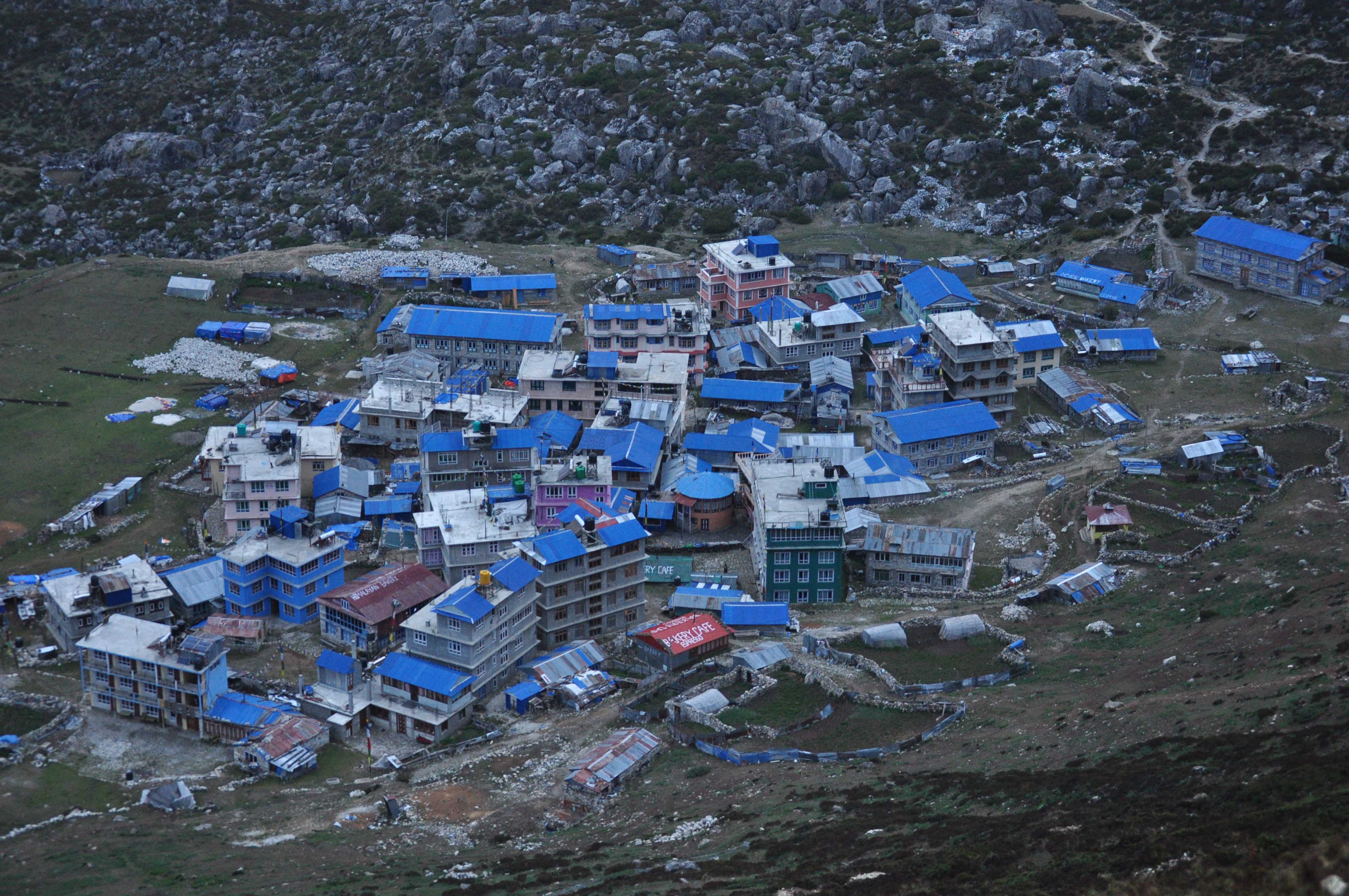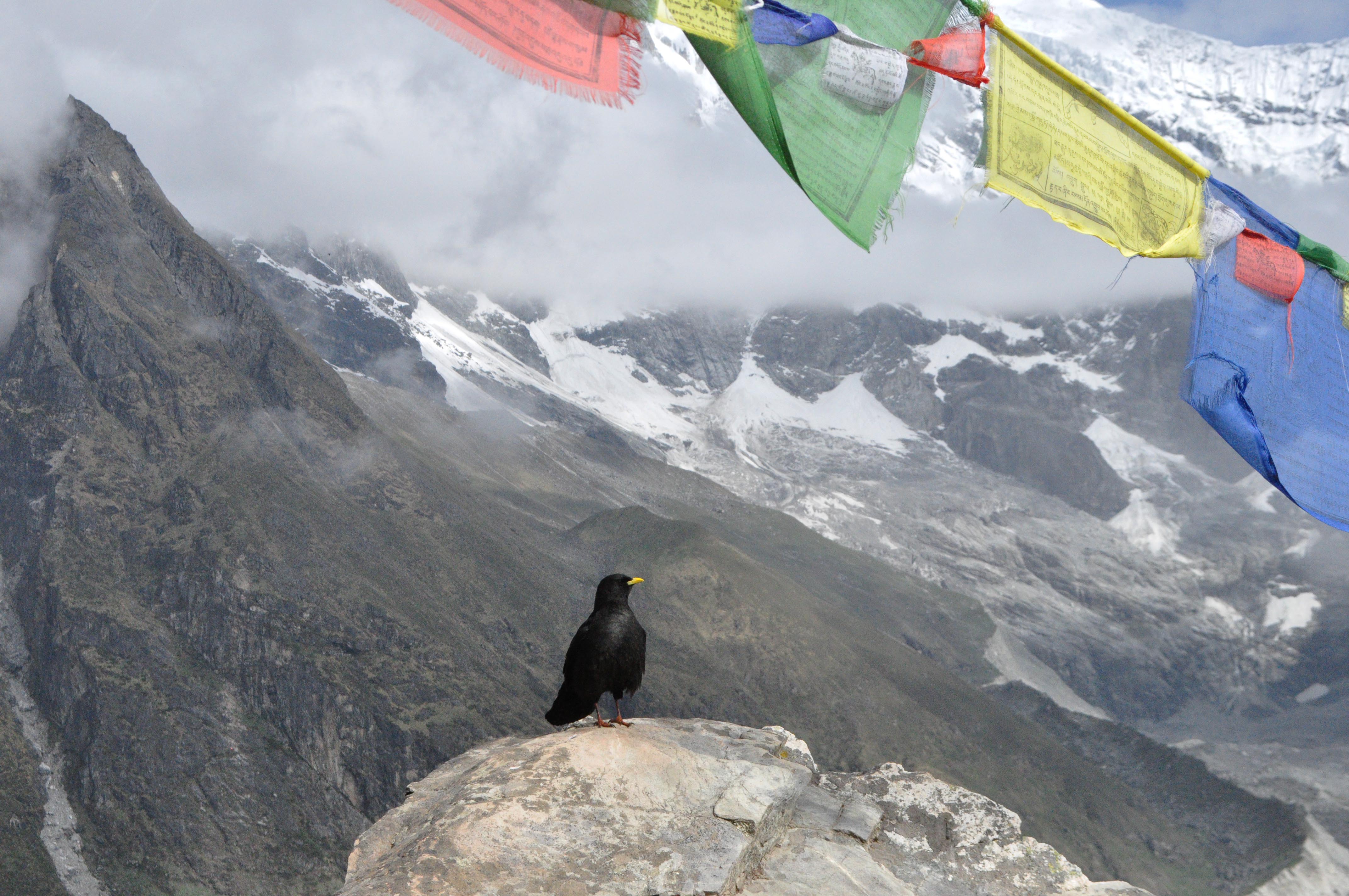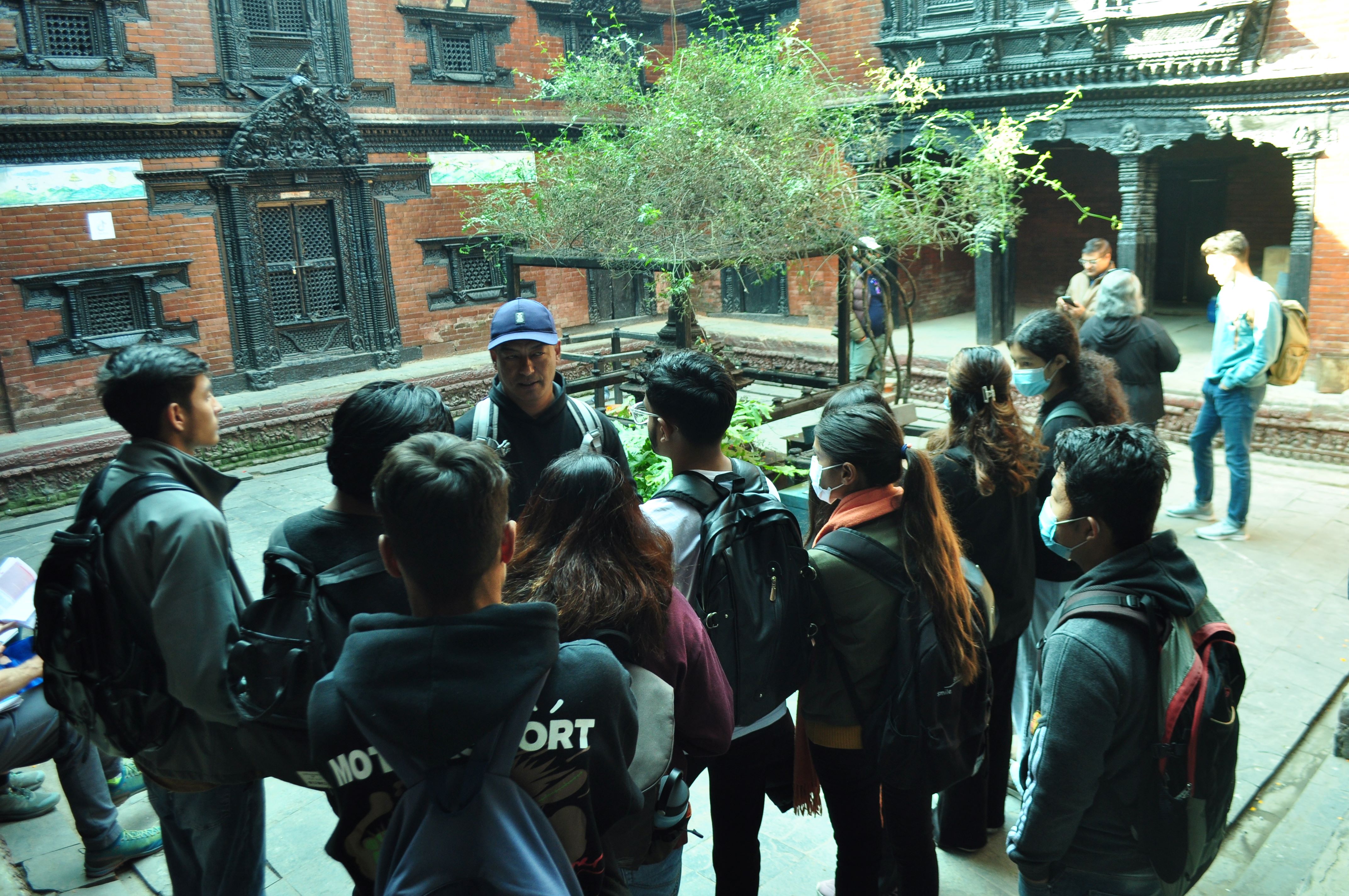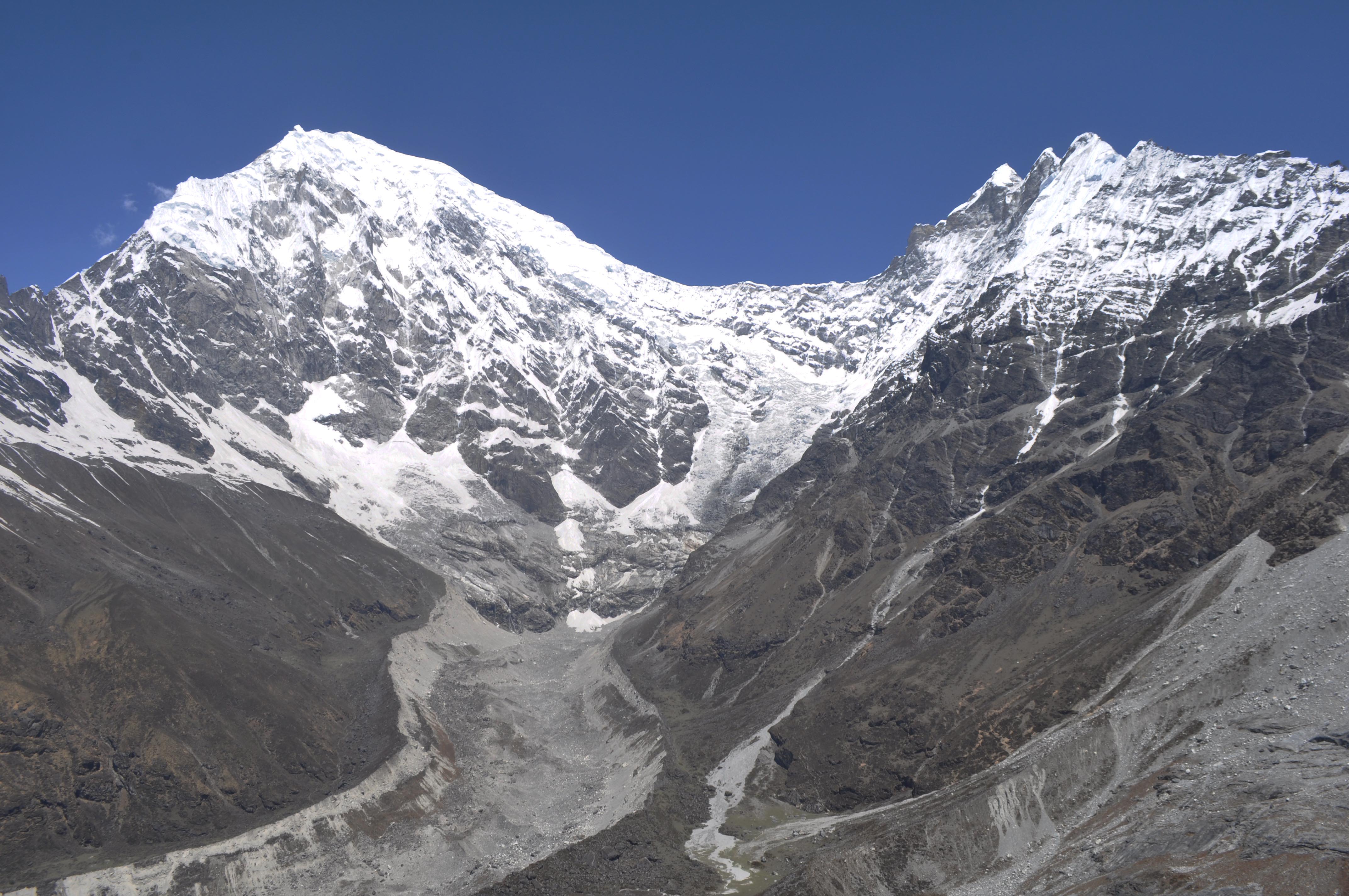
Langtang Valley
Experience mountains and Culture.
-
Langtang Valley offers travellers a glimpse of the unique cultural heritage blended with ecological diversity. Along with tourism, butter and cheese production are major local economic activities. Beside Langtang village Ancient Buddhist monastery town, Kyanjin Gompa (3584m) is a spiritual site where dedicated Buddhist
monks learn and perform their rituals, also a vibrant tourist destination to enjoy the warmth of the sun and natural beauty with different places to explore like walk near to glacier or hiking RI (top) of Kyanjin RI and Charku RI offers 360 views of mountains, walk near airport and weather station and riverside or day trip to Langsila. Kyanjin will refresh your memory, inspire you to enjoy life and invite you to visit often to enjoy this beautiful gift of God to humankind.
Langtang's "Yak Trail" and "Cheese Trail"
In Tibetan, lang means "yak," and tang means "follow" or "trail. The name is associated with the ancient practice of transhumance, in which humans take their animals to pasturelands for grazing at different seasons. Inhabited by the Sherpa and Tamang communities, villages are named after actions taken by the Yak. Traditional butter production and its transport to Tibet remain at the heart of the local economy.
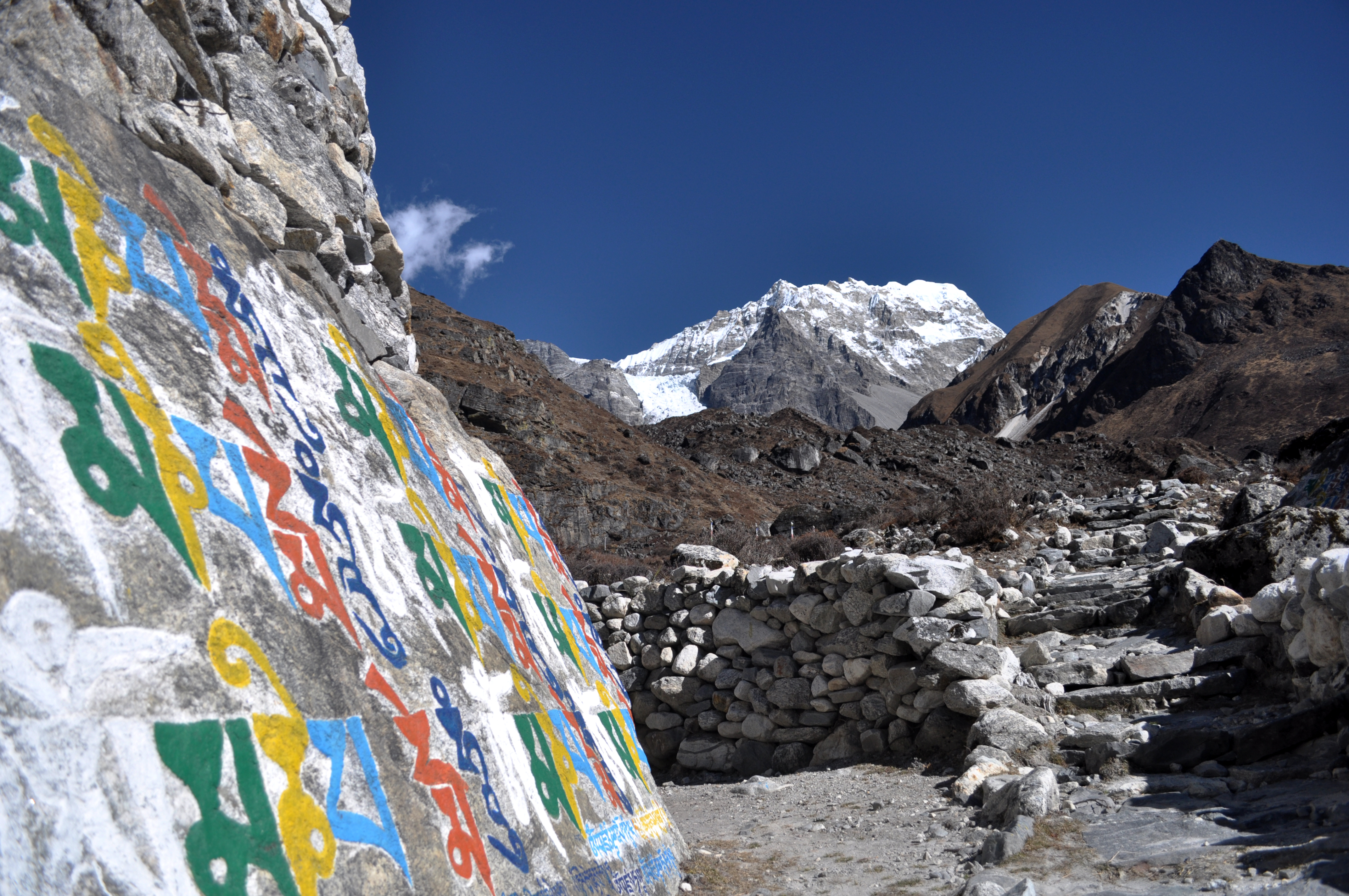
Mountains and Rivers "Naturally Majestic" "Adventure and Thrill"
Langtang Lirung 7425 m is the highest peak; Ghengu Liru (Langtang II 6571 m), Dorje Lakpa 6980 m, Gangchempo 6387 m, Naya-Kanga 5846 m, and Jugal Himal 6080 m are the central mountains in Langtang National Park.
River Trishuli, one of the major tributaries of the Narayani River, originates in the western part of the park. Whereas the Sunkoshi River, one of the major tributaries of the Koshi River system, originates in the eastern part of Langtang.
At Kyanjin RI and Charku RI (RI means view top), we reach right next to Langtang Lirung (the highest peak in the Langtang region) with 360-degree views of mountains and glaciers.
Culture "Bon-Po" and "Tamang Heritage"
Langtang is one of the seven sacred valleys established by Guru Padmasambhava as a refuge from war, famine, and natural disasters, as well as a place for meditation and learning. Langtang is an open museum that helps people understand the culture of nature, the Bon Po religion, and the Tamang culture. The inhabitants of Langtang Valley are thought to be descendants of Tibetans from Kerung.
Bon-Po is a pre-Buddhist, ancient meditative Tibetan practice. It is a shamanistic religion characterised by mystical rituals, spells, sacrifices for gods and spirits, and spirit manipulation. The Bon religion inspired the current traditions of Buddhism, such as prayer wheels, sky burials, prayer flags, spirit traps, festival dances, and rubbing holy stones.
-
Program Details
Duration: 11 Days, including arrival and departure with actual trek days.
Max Elevation: 4750 meters
Difficulty: Medium
Trekking Style: Tea House
Start /Finish: Kathmandu
-
Day 1: Arrival
DAY 2: Preparation and sightseeing
DAY 3: Kathmandu to Saphrubensi
DAY 4: Saphrubensi to Lama Hotel
DAY 5: Lama Hotel to Langtang Village
DAY 6: Langtang Village to Kyanjing Gumba
DAY 7: Kyanjing Gumba
DAY 8: Kyanjing Gumba to Lama Hotel
DAY 9: Lama Hotel to Saphrubesi
DAY 10: Saphrubensi to Kathmandu
DAY 11: Onwards
Similar Events
